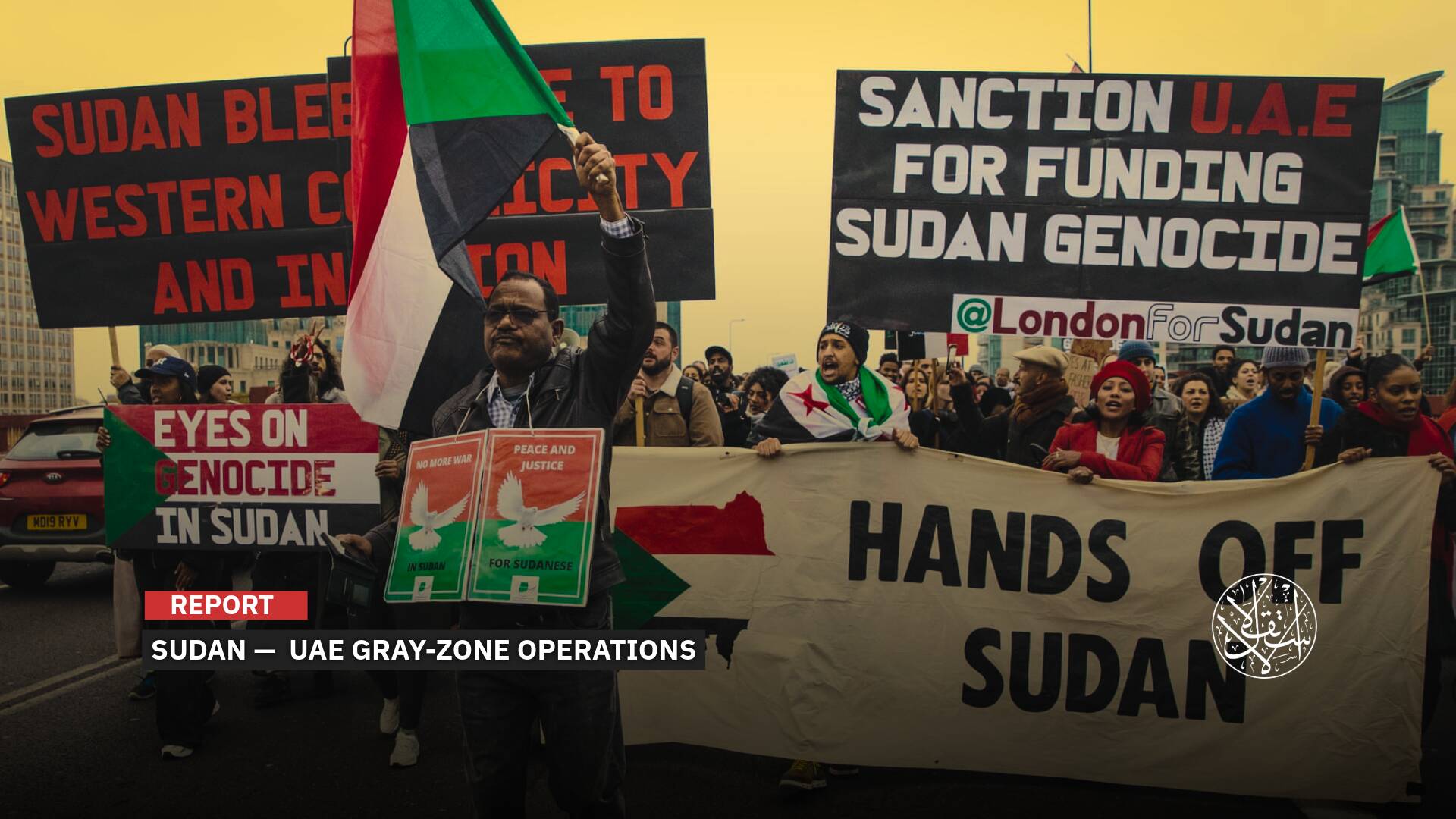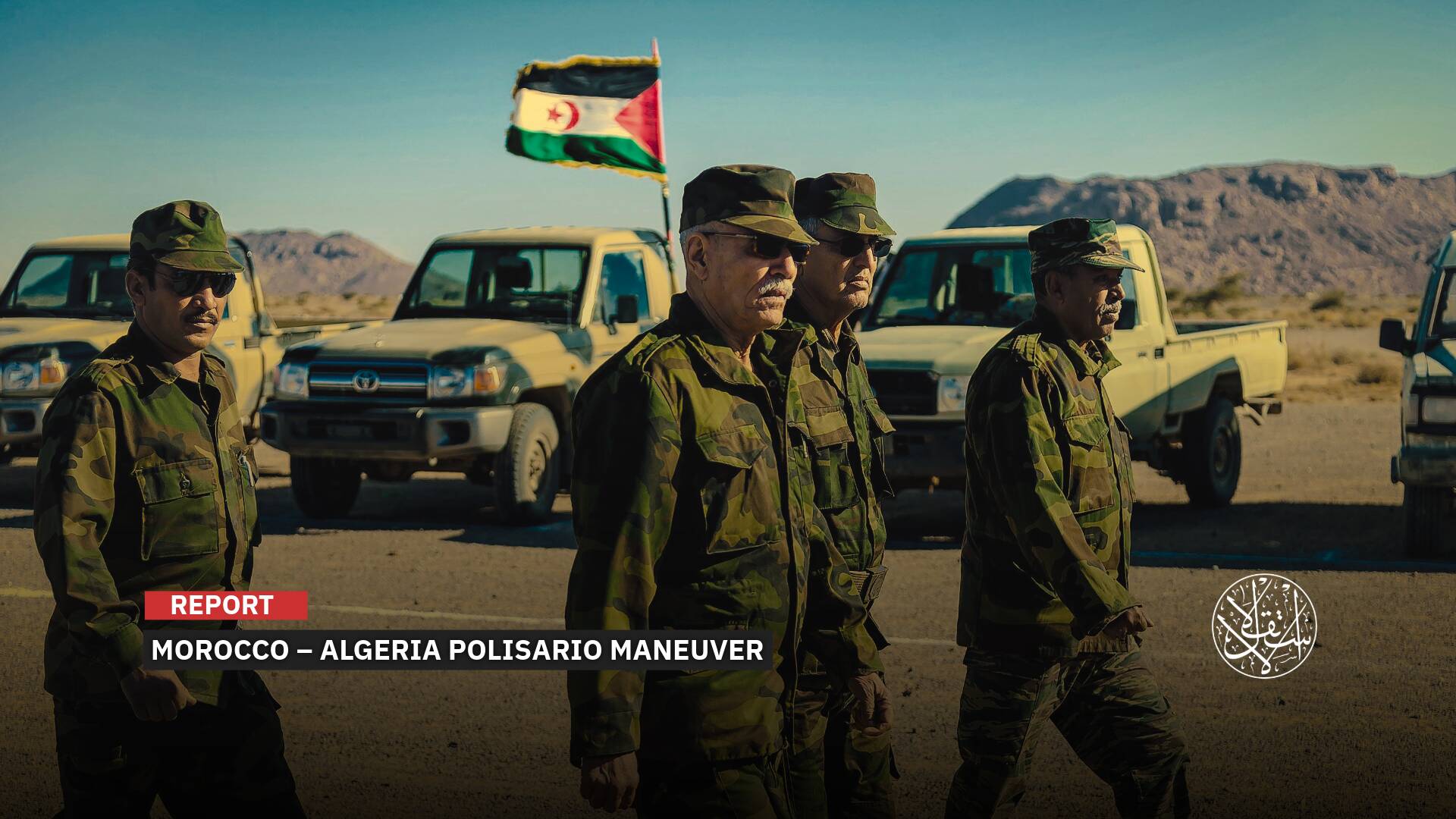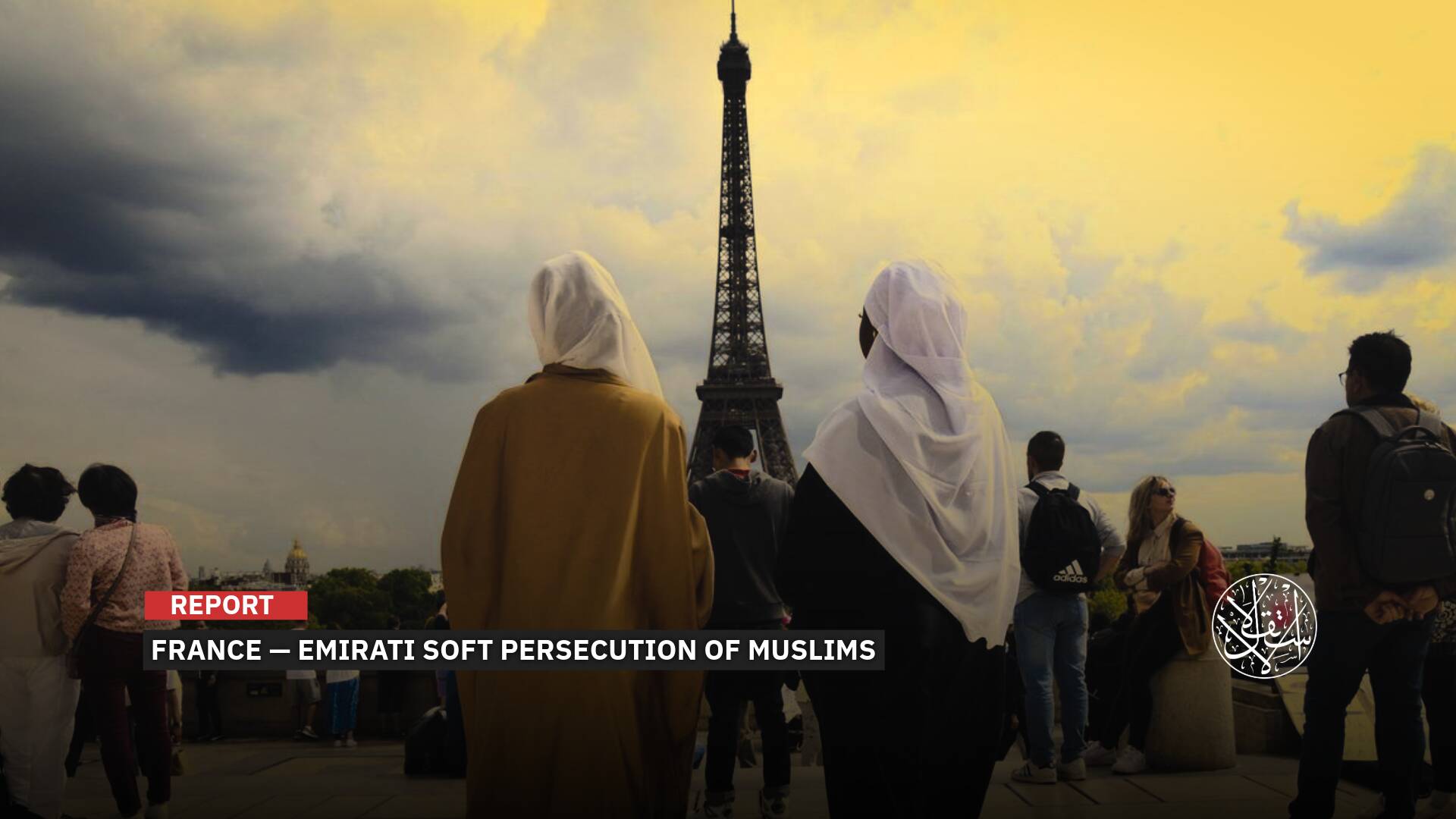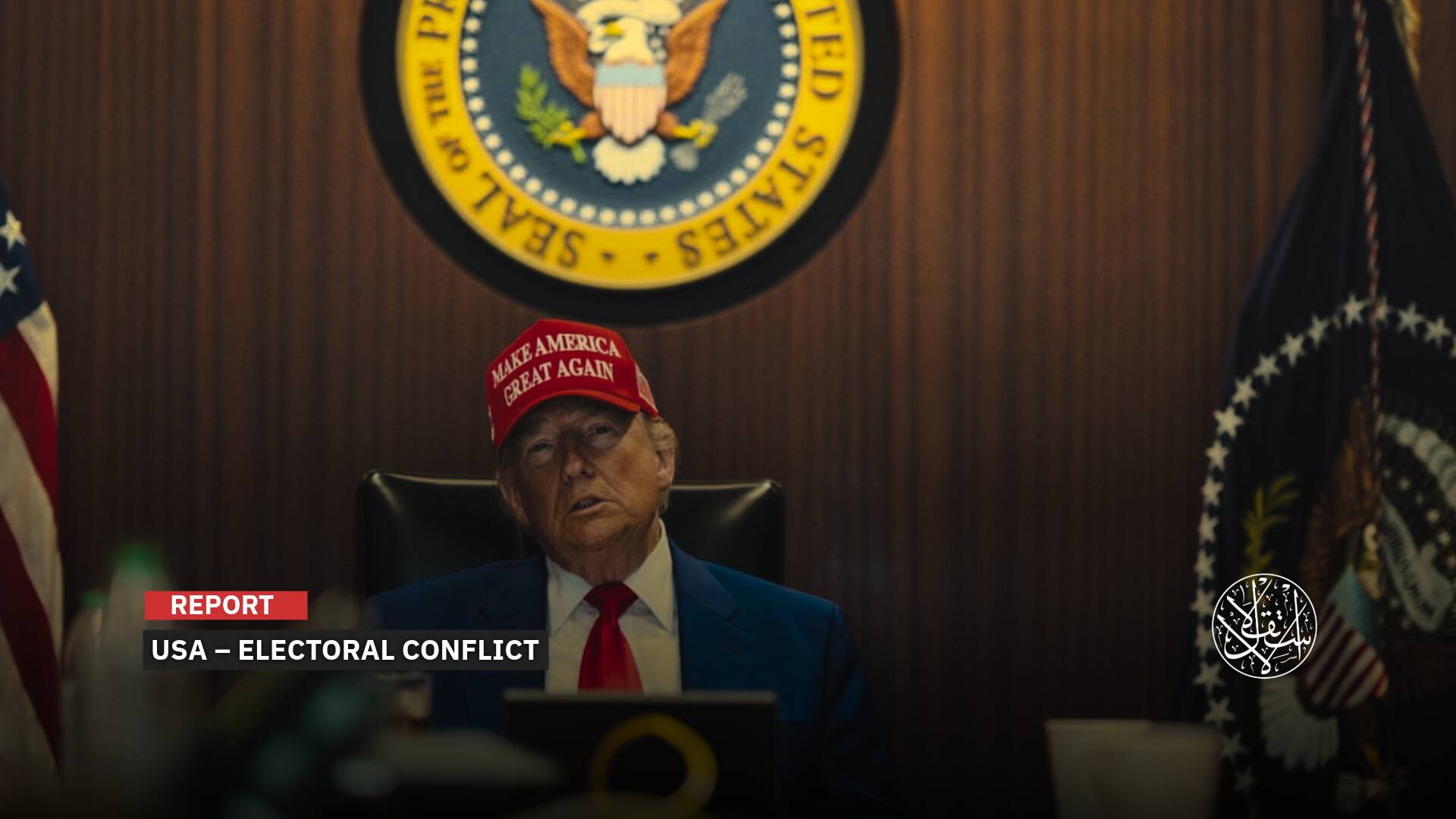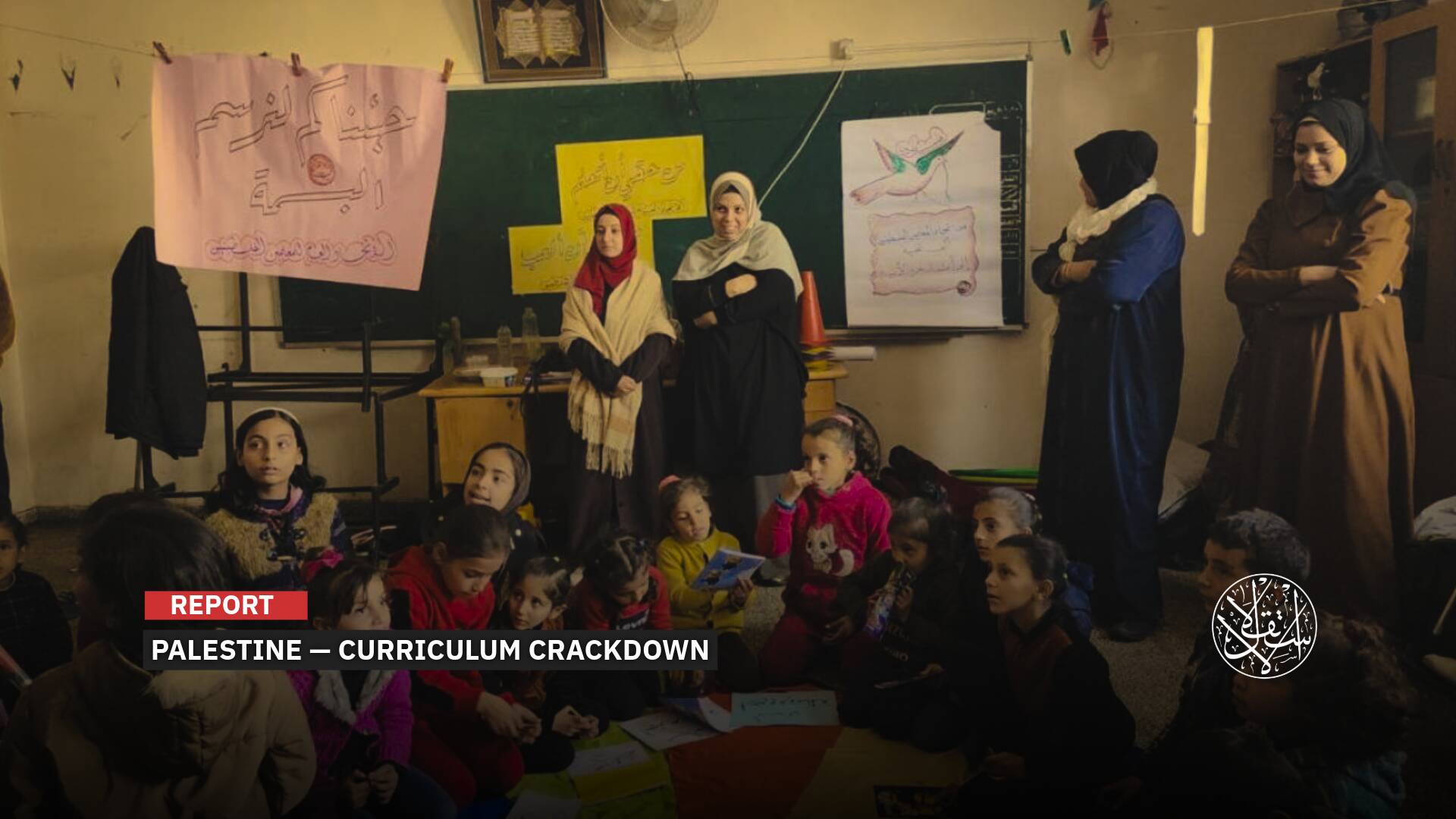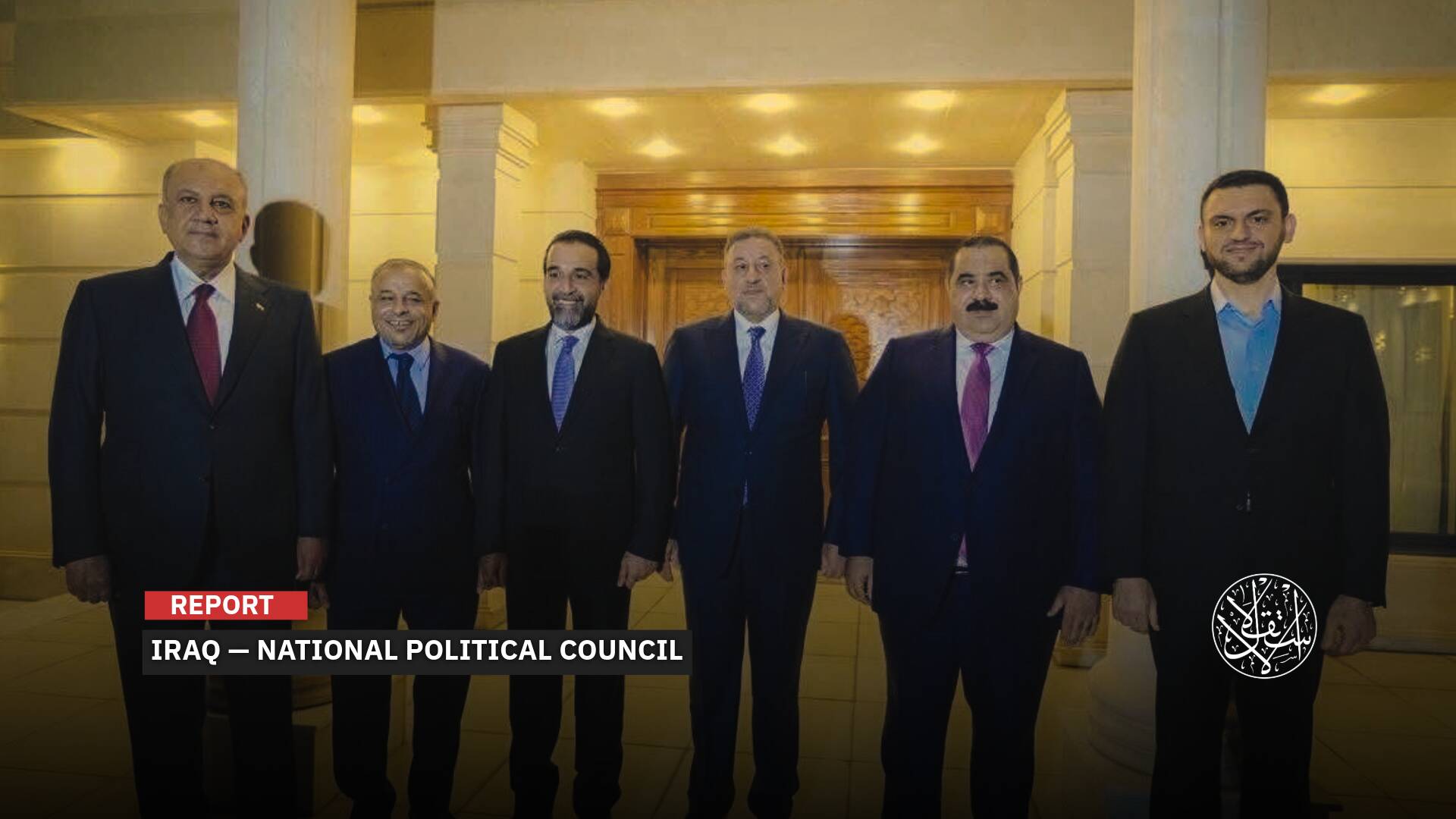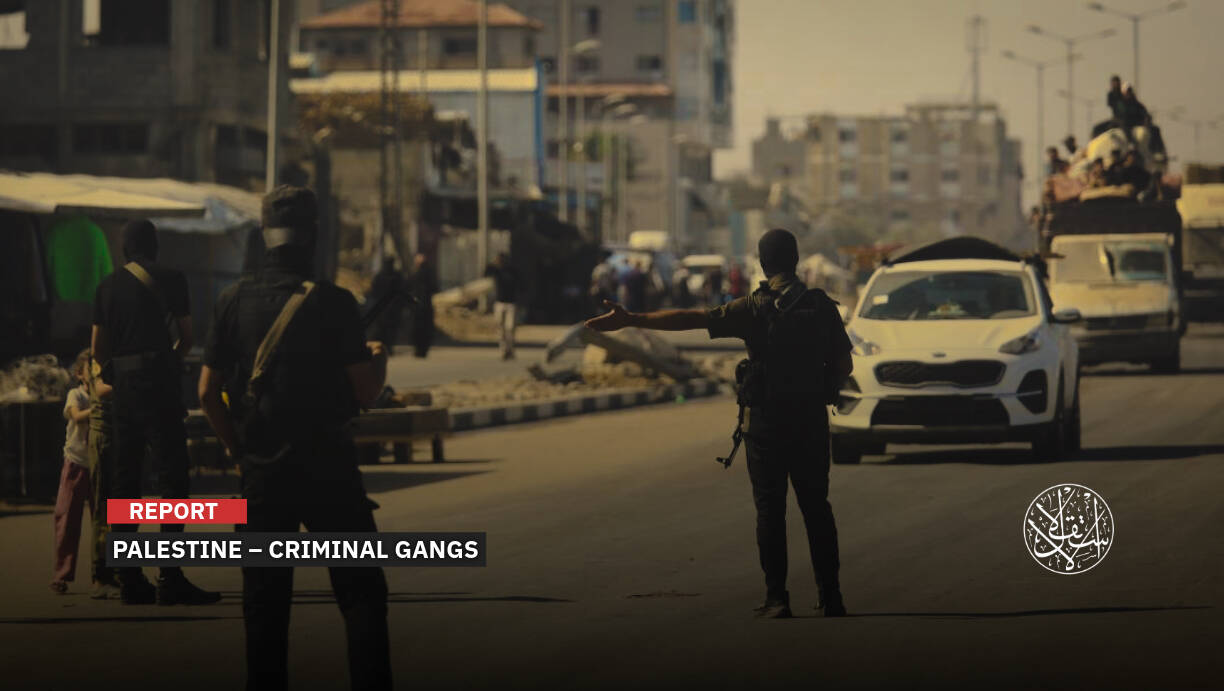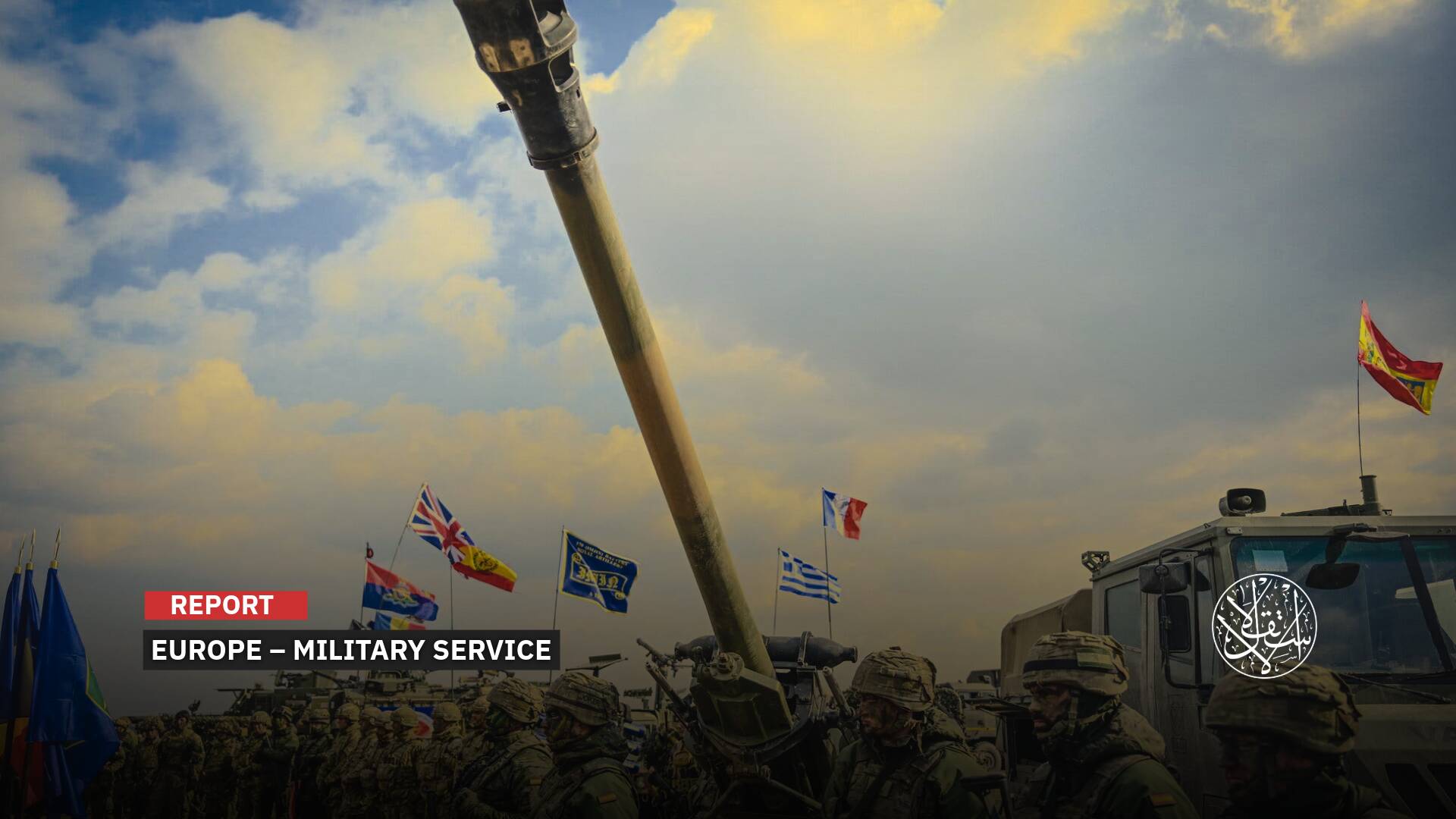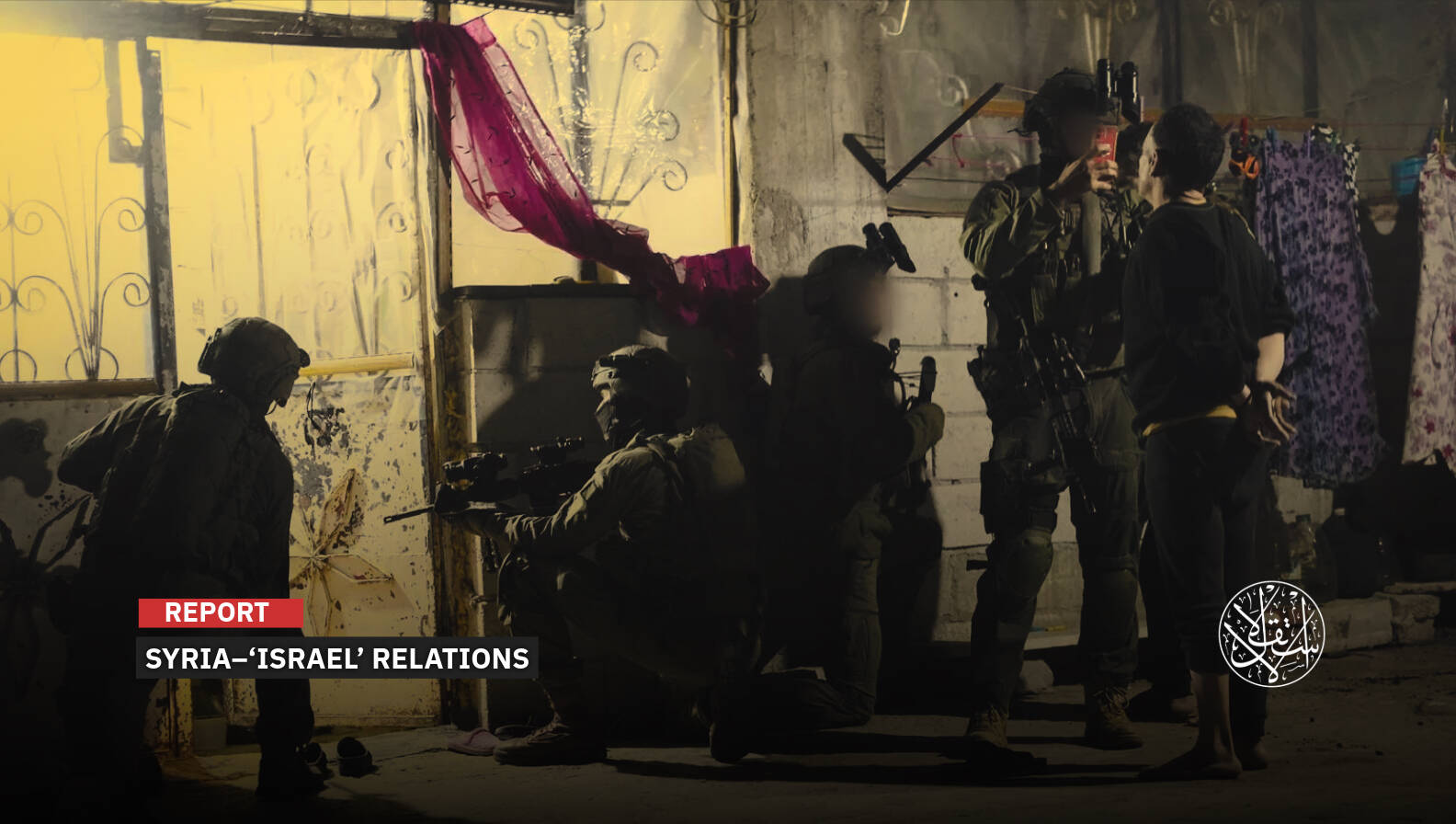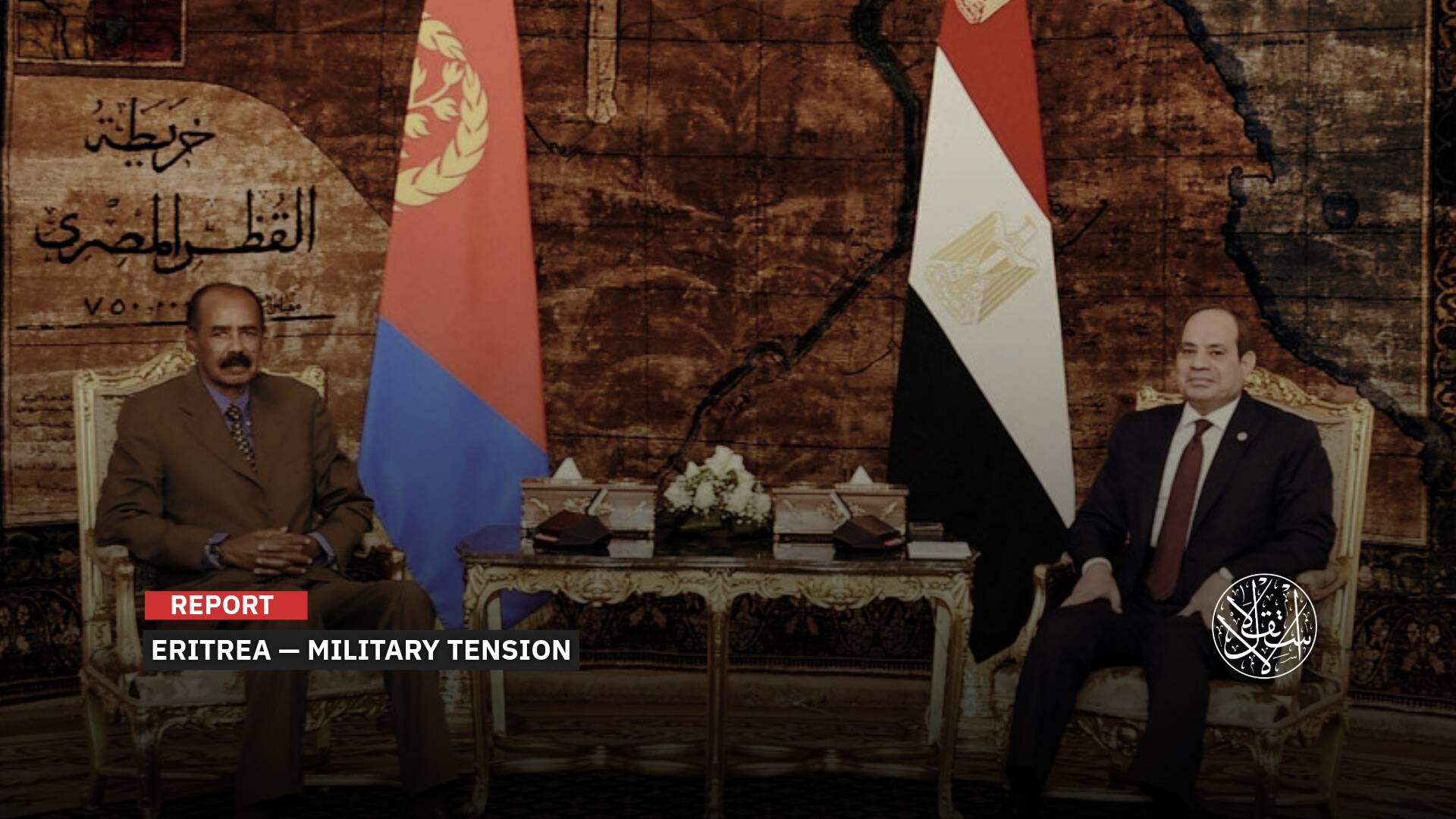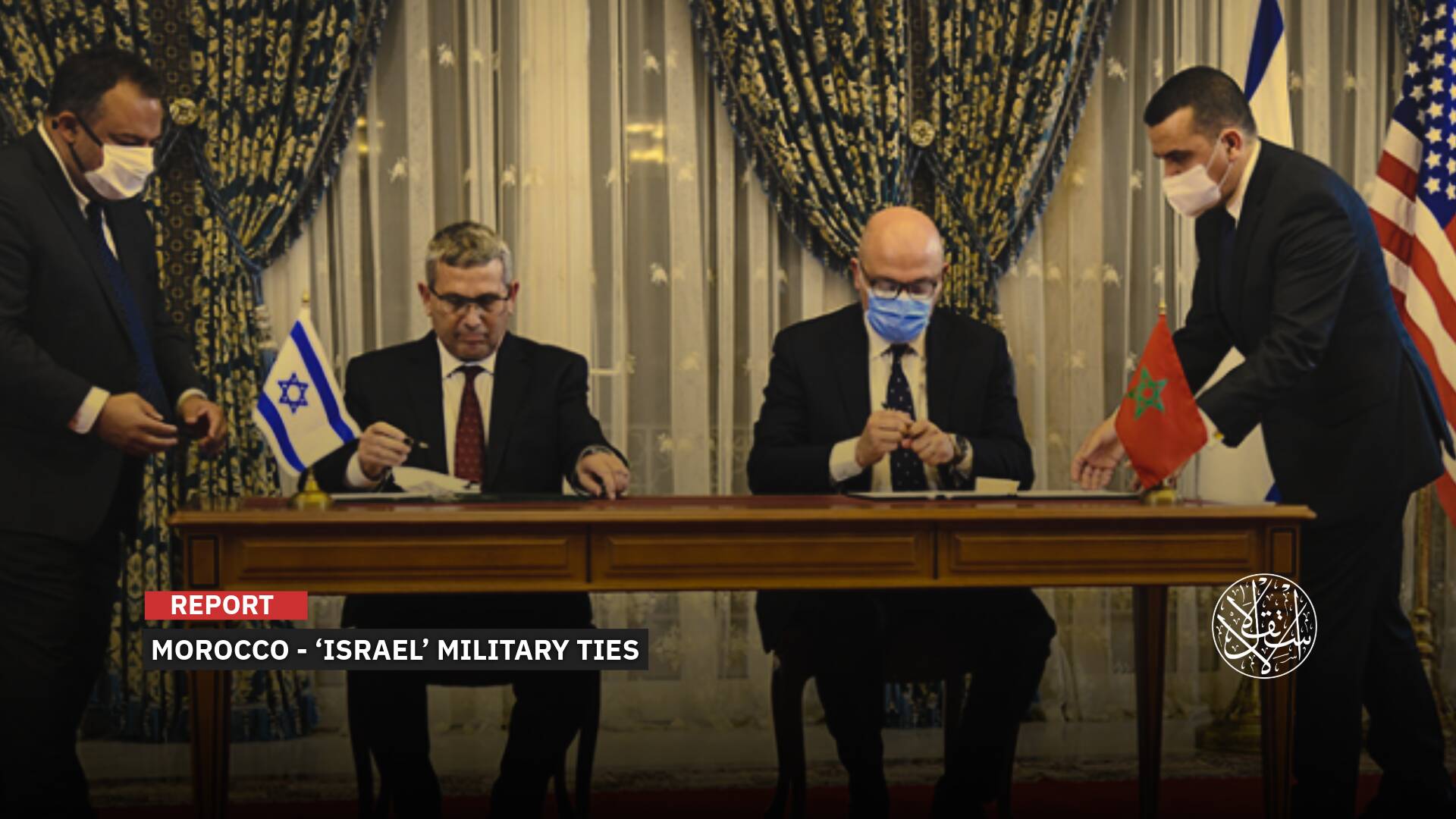Cracks at the Top: Are Internal Rifts Tearing Yemen’s Presidential Council Apart?

Yemeni media have confirmed a deep rift within the Presidential Leadership Council.
A new crisis has erupted within Yemen’s Presidential Leadership Council, headed by Rashad al-Alimi, raising serious questions about the future of this body — the internationally recognized highest authority of Yemen’s legitimate government. Growing tensions have effectively stalled the council’s sessions for some time.
In early April 2022, former Yemeni President Abd-Rabbu Mansour Hadi delegated full powers to the Presidential Leadership Council, while assigning the vice-presidential powers to its seven-member body.
Tasked with managing the country’s political, military, and security affairs throughout the transitional period, the council includes, alongside its chairman, Sultan Ali al-Aradah, Tareq Saleh, Abdulrahman al-Mahrami (Abu Zar'a), Abdullah al-Alimi Bawazeer, Othman Majli, Aidarus al-Zubaidi, and Faraj al-Bahsani.

Undermining Institutions
A fresh crisis has come to the fore following a statement issued by the political office of the Yemeni National Resistance, led by Presidential Leadership Council member Tareq Saleh, which launched a sharp attack on council chairman Rashad al-Alimi, accusing him of exclusion and discrimination.
The statement, released on June 24, 2025, accused al-Alimi of exceeding constitutional and legal boundaries through the meetings he has been holding, calling for their correction.
It also highlighted that al-Alimi is engaging in discussions affecting citizens’ lives without the involvement of relevant institutions.
The statement condemned al-Alimi’s actions as a breach of constitutional responsibilities and a source of weakening the state’s structure, expressing outright rejection of his meetings with leaders of the Consultative Authority and several political figures.
The statement described al-Alimi’s approach to engaging political factions as “selective,” warning that such a strategy does little to offer genuine solutions and instead deepens divisions while weakening official institutions.
It called for a reassessment of current policies to ensure the inclusive participation of all national partners without discrimination or exclusion, emphasizing the need to preserve national consensus.
The statement cautioned that the continuation of this approach risks further weakening state institutions and entrenches practices that undermine the principle of national partnership.
In response, al-Alimi acknowledged deep divisions and disagreements within the Presidential Leadership Council amid a severe crisis and deteriorating living conditions across the country.
He highlighted the absence of any effective solutions to address the currency’s collapse and the breakdown of services in liberated areas.
Speaking at a meeting with leaders of the Supreme Council of the National Coalition of Parties and Political Components on June 30, al-Alimi stressed that “there are significant gains related to the council’s mandate to oversee the transfer of power, most notably the unity and cohesion of the council around a shared goal and common enemy.”
The official Yemeni news agency Saba quoted al-Alimi acknowledging, “It is true there are some differences” — though he did not specify what they were — but insisted that “the council’s factions compete to take the lead in the battle against the Houthi movement.”
“We are facing one of the most complex phases in the history of the modern Yemeni state, a challenge that would have been impossible to confront without the patience of the Yemeni people and the support of our brothers in the Coalition to Support Legitimacy,” al-Alimi added.
He emphasized the council and government’s commitment to keeping lines of communication open with all political forces, noting that the state does not treat parties as mere spectators, but as partners who monitor and share the burden.
In early May 2022, tensions arose between al-Alimi and Aidarus al-Zubaidi after the latter issued orders to replace commanders of military brigades loyal to the government in Abyan province without consulting the chairman of the presidential council, a decision that was subsequently halted.

Resignation Threat
Amid the ongoing crisis, Yemen’s Belqees TV on July 5, 2025, revealed previously undisclosed details from Rashad al-Alimi’s recent meeting with political party leaders.
The channel reported that the virtual gathering addressed several issues that have surfaced in recent days, including escalating tensions among council members over the rotation of the presidency.
During the meeting, al-Alimi accused council members of obstructing its work by remaining largely absent from Yemen and refusing to carry out their duties, despite receiving financial allowances intended to support their efforts and the formation of teams to address various issues.
He denied any disputes over powers or the matters raised by Tareq Saleh, a member of the Presidential Leadership Council, insisting that all his actions fall within the authority granted to him under the power transfer agreement.
Al-Alimi revealed the existence of oil smuggling from Shabwa province to Hadhramaut, implicitly implicating the UAE, the Southern Transitional Council, and several members of the Presidential Leadership Council, according to the channel.
He urged political parties during the meeting to monitor the performance of all council members and demand transparency, hinting at his resignation if the paralysis continues, the rotation of the council’s presidency is insisted upon, or his so-called financial reform plan, prepared by his team, is rejected.
In response, Kamel al-Khodani, a senior figure in the National Resistance affiliated with Tareq Saleh, denied any rift between Saleh and al-Alimi, describing recent events as “nothing more than routine organizational demands” that do not reflect conflict or a break.
In a post on X on June 28, 2025, al-Khodani confirmed that Saleh had contacted al-Alimi, signaling that no disagreement exists between them and that communication remains ongoing.
On July 5, 2025, Tareq Saleh, a member of the Presidential Leadership Council, made a phone call to al-Alimi to extend congratulations on the occasion of the Islamic New Year, 1447 AH.
Al-Khodani pointed out that rumors of a severed relationship or crisis stem from exaggerated interpretations by certain media outlets and activist posts.
He emphasized that the statement from the National Resistance—which included a number of points, observations, and demands—reflects an organizational position reached unanimously during an official meeting and does not indicate any personal or political dispute.

Conflict of interest
Regarding the future of the Presidential Leadership Council amid ongoing tensions, Yemeni writer and political analyst Abdul Baqi Shamsan said, “The council was founded from the outset on regional agreements, meaning its components reflect these balances at the expense of national unity.”
“The nation requires a unified diversity that reflects the Yemeni national reality, and such unity in diversity should serve a national purpose. But when it becomes a response to regional demands, it leads to conflicting interests, which is exactly what is happening now,” Shamsan told Al Estiklal.
“The Leadership Council is supposed to encompass a diversity of opinions and perspectives aimed at achieving unity in decision-making for the national interest, but this diversity instead reflects regional conflicts, which explains the ongoing strife.”
“This diversity within the council does not represent the aspirations of the Yemeni people but rather the interests of regional powers seeking to secure their influence in Yemen, which makes these conflicts inevitable within this context,” Shamsan added.
The analyst expressed his belief that “the Leadership Council was designed to be dysfunctional from the start, as it is impossible to speak of a presidential council representing national interests that ends up in its current state.”
“This council was created precisely to prevent unified national decisions and instead to obstruct them.”
“The council’s work is tied to the affiliations of its members, resulting in conflicting outcomes that hinder any progress towards restoring the state and fulfilling the aspirations of the Yemeni people,” Shamsan noted.
In a related development, a research paper warned that “the escalating rift between the political office of the National Resistance, led by Tareq Saleh, and the Presidential Leadership Council, headed by Rashad al-Alimi, reveals a deep struggle over influence and political decision-making in Yemen amid a lack of institutional governance and transparency within the council.”
Published by Mokha For Strategic Studies, the paper noted that the statement issued by the National Resistance marks the first public confrontation between two main factions within the council, at a time when regional support is divided between Saudi Arabia backing al-Alimi and the UAE supporting Tareq Saleh.
The paper expressed concern over the impact of these divisions on Yemen’s political trajectory and military efforts, warning that continued fractures within the council would weaken the anti-Houthi front and provide the group with further opportunities to strengthen its influence both on the ground and at regional and international levels.
It also linked the economic decline and deterioration of services in government-controlled areas to the power struggle within the council, noting that waning international support is tied to the council’s failure to project a cohesive and stable image.
“The recent phone call between al-Alimi and Tareq Saleh does not necessarily signify a genuine resolution of differences,” cautioning that it “may represent only a temporary truce in a political conflict that could flare up again at any moment,” the paper concluded.


